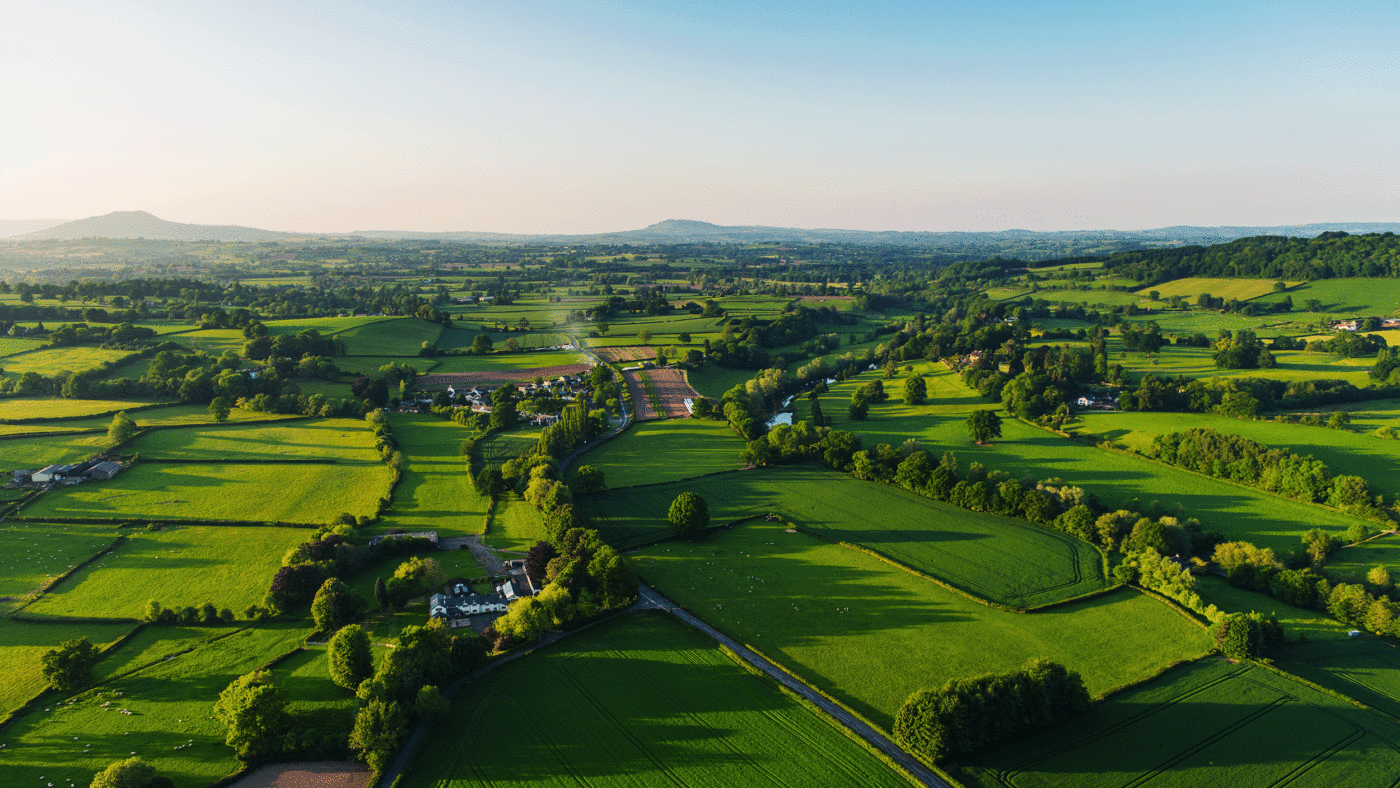Britain is no longer such a green and pleasant land. Almost half of our species are in long term decline and 1 in 6 are threatened by extinction. The government has committed in law to halt the decline of nature by 2030. But achieving this will require bold reforms to how we manage our land and produce our food, making full use of the powers repatriated from Brussels.
In a landmark speech in 2017 reflecting on the vote to leave the European Union, the then Environment Secretary Michael Gove identified the natural environment as the area of perhaps greatest opportunity for Britain to diverge from Brussels and do things better.
His zeal to take advantage of this ‘unfrozen moment’ has been picked up by his successors, and the results have been staggering: new legislation for agriculture, fisheries and the environment, a new system of farm payments, and a new approach to biosciences regulation starting with gene editing.
Freed from the EU’s much maligned Common Agricultural Policy, we are taking a different approach to how we support farmers, known as the Environmental Land Management Scheme (ELMS). Farmers will no longer be paid for how much land they farm but rather for providing environmental public goods like cleaner air and water. Taxpayer cash will support sustainable food production and the restoration of our natural assets like soils and hedgerows – delivering better value for money.
Next month, we will see the next tranche of post-Brexit reform. The Government is expected to launch a consultation on overhauling the EU’s habitat regulations so that our approach is better tailored to British habitats and species. Ministers will also unveil the National Food Strategy White Paper in response to Henry Dimbleby’s comprehensive review of our food system from farm to fork.
Once the backwater of Whitehall, rubber stamping EU directives and implementing Brussels-imposed fisheries and agricultural policies, Defra is now one of the most innovative and transformative departments in government. George Eustice and his team are determined to reap the benefits of Brexit for Britain’s farmers, fishers and nature-loving public.
However, the task is enormous – and we need to look at what more is required to achieve our environmental goals. That’s why the Conservative Environment Network (CEN) has published an essay collection with contributions from 12 Conservative MPs and peers. Green Albion sets out a blueprint to restore nature and tackle climate change while strengthening the nation’s food security.
As Farming Minister Victoria Prentis MP sets out at the beginning of the collection, these goals are not incompatible, as some claim. It is possible, as she explains, to ‘maintain and even increase’ our food security while providing farmers and landowners with the option to restore habitats on areas of less productive land. Given the greatest threat to domestic food production is climate change, soil degradation, poor water quality and biodiversity loss, these goals are, in fact, inseparable. That’s why the new rural payments system is so important.
But as CEN’s collection sets out, there is more the Government could do to put nature into recovery. Siobhan Baillie MP calls for the new UK Infrastructure Bank to include nature in its remit. This will unlock private sector investment for wetland restoration, creating vibrant habitats and protecting communities from rising sea levels and flooding.
Robert Largan MP calls for a ban on the use of peat in the professional horticulture sector by 2025 to halt the destruction of our greatest terrestrial carbon store, for which sustainable alternatives exist.
To ensure the Government’s race to meet its target to treble tree-planting rates by 2024 doesn’t do more harm than good, Michael Fabricant MP calls for tighter restrictions on imported seeds and saplings post-Brexit to prevent the UK from importing another catastrophe like ash dieback, which could kill 99% of our ash trees and cost us £15 billion. He also calls for a new habitat classification and legal protection for the remaining fragments of temperate rainforest in western Britain – a globally significant and endangered habitat.
The UK also has the chance to lead the fourth agricultural revolution based on AI, robotics and precision technologies, which will enable productivity improvements without environmental harm. Jerome Mayhew MP urges Ministers to consider a carbon price, with a border adjustment, to incentivise this low-carbon and biodiversity-encouraging farming and to prevent food imports undercutting sustainable British farmers.
We must also take advantage of our regulatory autonomy outside the EU. Henry Dimbleby’s independent national food strategy review recommended the UK capitalise on its comparative advantages in cellular, or lab-grown, meat to reduce our land footprint.
Jonathan Djanogly MP responds to this clarion call by outlining the steps required by ministers to stimulate a world-beating cellular meat industry. He calls for the Government to end burdensome EU regulations and increase research and development funding for food innovation. A thriving cellular meat industry could add £2 billion to UK GDP by 2030 and support up to 16,500 jobs.
Given the damage done to our natural environment by failed EU policies, we now have a once in a generation chance to embark on a programme of renewal. As Danny Kruger put it at the recent CEN conference on rescuing our natural inheritance, restoration should be the byword for modern conservatism. Let’s hope the Government is listening.
Click here to subscribe to our daily briefing – the best pieces from CapX and across the web.
CapX depends on the generosity of its readers. If you value what we do, please consider making a donation.


